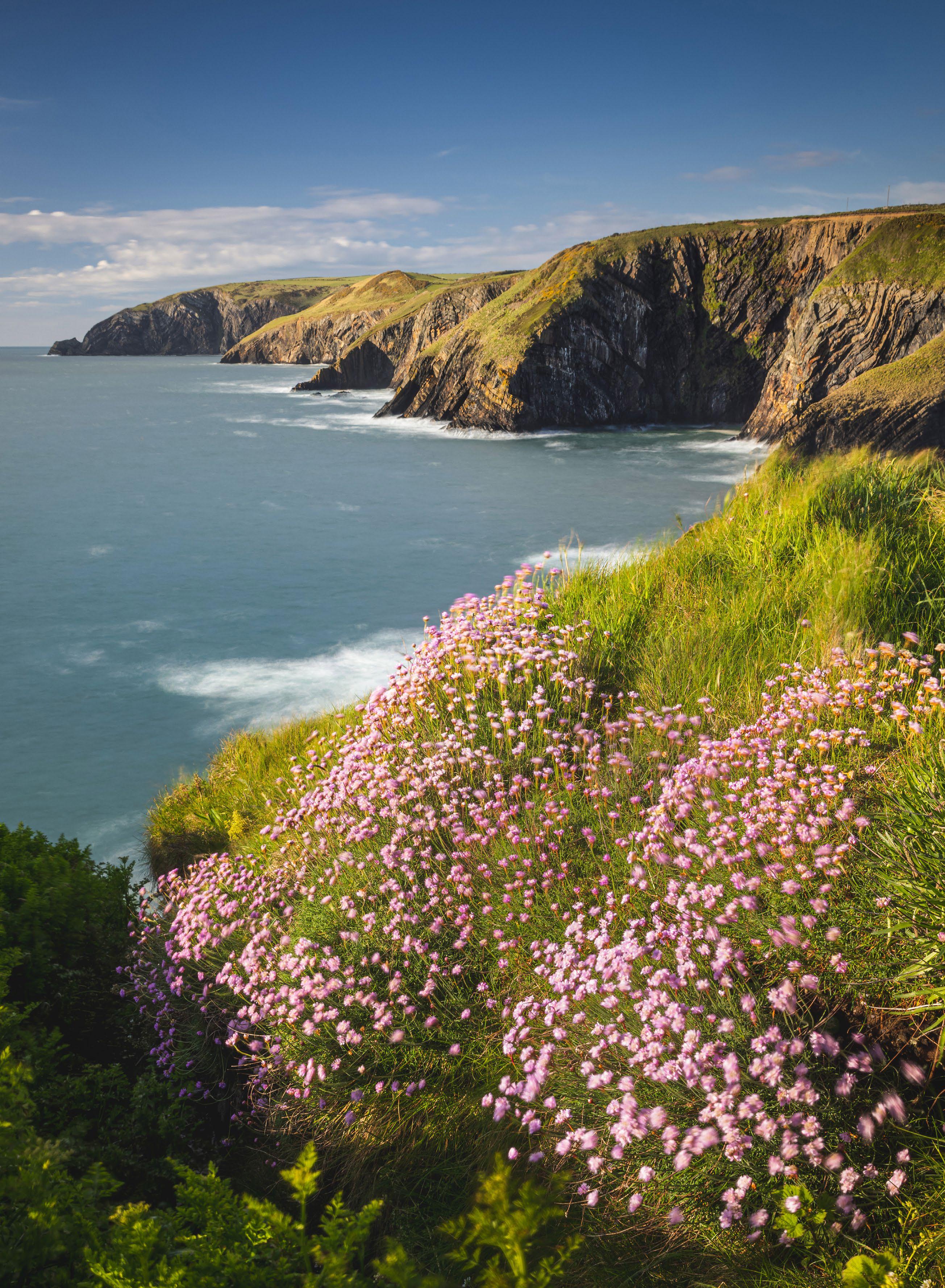
Living in Pembrokeshire, I’m lucky enough to have one of the best coastal areas in the world on my doorstep, so it’s fair to say I’m more of a coastal photographer than anything else. The coast is an ever-changing landscape, from winter storms and crumbling cliffs, to serene summer evenings with lapping waves, so locations can look different every day. Add the sun rising and setting at varying angles through the year and the tides differing in height, all this plays a massive part in your scenes and potential compositions. Most landscape scenes will need a fair amount of planning and coastal scenes are no exception, especially throwing the tides into mix too, it can make it tricky to decide when and where to go. In this article I’ll give you some of my top tips, including Canon camera settings, lens and filters advice, that will help you to get some top coastal shots too.
THE SETUP TAKE FANTASTIC COASTAL LANDSCAPES
Discover the core Canon camera and photo kit you need for brilliant scenic seaside shots
01 STURDY TRIPOD
Tripods are particularly great for coastal photos as they give you time to frame up, help combat camera shake in windy conditions, and also enable long exposures to be captured, to blur moving elements, such as crashing waves and clouds.
02 CANON EOS CAMERA
Either Canon EOS DSLR or mirrorless models will be ideal for landscapes and coastal shots as they use large APS-C and full-frame sensors, as well as boast great lens mounts, meaning you’ll have plenty of options to experiment with lenses.
03 FILTER CHOICES
This story is from the September 2023 edition of PhotoPlus : The Canon Magazine.
Start your 7-day Magzter GOLD free trial to access thousands of curated premium stories, and 9,000+ magazines and newspapers.
Already a subscriber ? Sign In
This story is from the September 2023 edition of PhotoPlus : The Canon Magazine.
Start your 7-day Magzter GOLD free trial to access thousands of curated premium stories, and 9,000+ magazines and newspapers.
Already a subscriber? Sign In
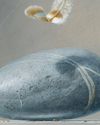
The Art of Copying Art - James Paterson shows you how to use your Canon gear to capture artwork and paintings the right way with simple camera and lighting skills
Whether you want to capture a painting like the above, digitise old prints or reproduce any kind of canvas, there's real skill in capturing artwork with your camera. Not only do you need the colours to be accurate, you also need to master the spread, angle and quality of the light to minimise glare and show the work at its best.This painting by the artist Bryan Hanlon has a wonderfully subtle colour palette. To reproduce the painting in print and digital form, it needs to be captured in the right way.
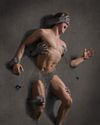
Fright night
Canon photographer and digital artist Alexander loves to craft incredible fantasy scenes with a spooky horror twist

Sharpen your shots with DPP
Sharpening a digital image also increases contrast at the edge of details

CANON ImagePrograf PRO-1100
Deeper blacks, better bronzing, greater lifespan and 5G Wi-Fi -Canon's new printer is full of new tech, says
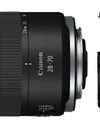
Canon's new 'kit lens' is actually a half-price f/2.8 trinity lens!
The Canon RF 28-70mm F2.8 IS STM lacks a red ring, but borrows premium features from its L-series siblings

DREW GIBSON
Pro motorsports photographer Drew on why he hasn't (yet) switched to Canon's mirrorless system, why old-school techniques can be the most reliable, and the lessons learned from more than a decade shooting the world's biggest car brands

Up in smoke
Make a smoky shape in Affinity Photo and get to grips with the amazing Liquify Persona under the guidance of James Paterson

Expand your creativity with Generative Fill
Photoshop's Al-powered feature brings revolutionary new tools to image editing. James Paterson reveals all...
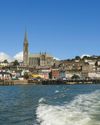
Turn your images into vintage postcards
Wish you were here? Sean McCormack explains how you can give your summer photographs a vintage postcard look
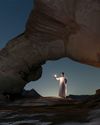
The Angel Malibu
Light painting an American movie producer in the Wadi Rum Desert in Jordan was a highly unlikely evening out for David!